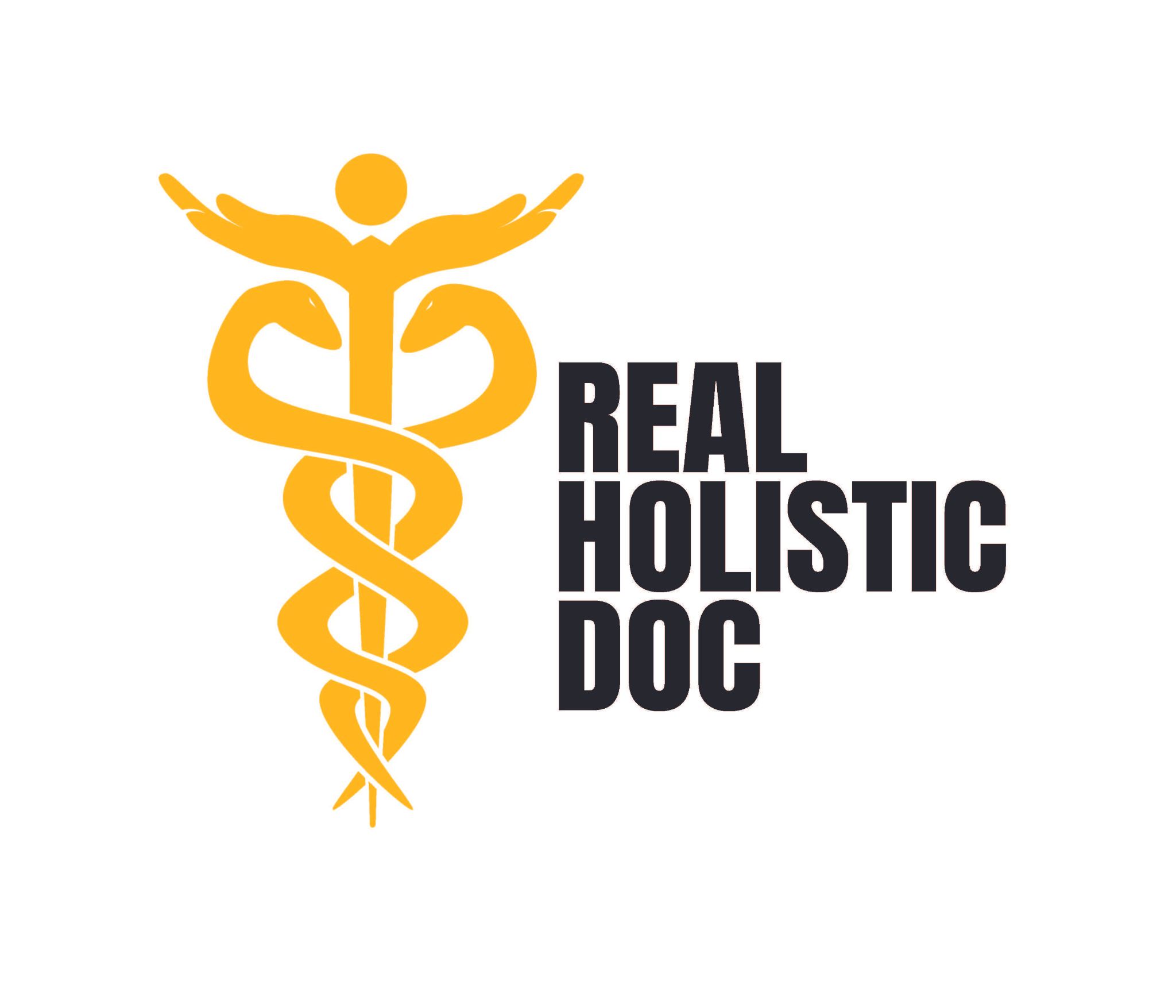THE CHINA STUDY—A REVIEW
THE CHINA STUDY-THE MOST COMPREHENSIVE STUDY OF NUTRITION EVER CONDUCTED AND THE STARTLING IMPLICATIONS FOR DIET, WEIGHT LOSS AND LONG-TERM HEALTH, by T, Colin Campbell. Ph.D. with Thomas M Campbell II, Benbella Books, Dallas, 2005, $24.95
Here is another excellent research study, which is indeed well done work, but which leads the authors to make remarkable conclusions which are not justified. The Campbells correctly criticize the American diet with its junk fast food, widely advertised in such otherwise reputable publications as NATIONAL GEOGRAPHIC and FAMILY DOCTOR. They also correctly conclude that good nutrition can eliminate most adult onset diabetes, heart disease, breast and prostate cancer, kidney stones and many autoimmune diseases. And they correctly emphasize the enormous failure of Modern Medicine, which itself is the third leading cause of death.
The excellence then begins to fade. Comparing the effect of a 20% protein diet with a 5% protein diet is, a ridiculous argument. No one, not even the Campbells recommends a diet that deficient in protein. Mixing the known toxicity of aflatoxins and nitrosamine as arguments also is distracting and non-informative. Winding up recommending a 10% protein diet, of which 100% is of plant origin, when even their research suggested that at least 12% was no worse, is also misleading. Finally recommending ONLY plant protein as the answer to all disease is a far stretch. Animals who eat only plants do develop cancer. People fed only plants do develop both atherosclerosis and cancer. Those facts are not addressed,. Even in the Chinese counties with the lowest incidence of cancer, the rate was still 5 to 7% as high as in the Chinese counties with the highest incidence. Furthermore, even in the Chinese counties with high rates of cancer at least 10% of the protein came from animal protein and overall the differences in protein were not enough to account for the conclusions.
The average cholesterol of Chinese is remarkably low and much lower than I have seen in vegans in this country. Exercise and total calorie consumption are much higher in China. The average body mass index is also significantly lower than it is in America. Indeed it is about the same as in Okinawa, where the much longer life expectancy can easily be explained on BMI alone. Unfortunately, the Campbells do not give life expectancy of the Chinese. But on the internet, as of October 2005, average life expectancy of Chinese is listed as just over 71, at least 7 years below that in the United States. Gosh, eat only plants and die 7 years earlier! Life expectancy in Japan is three years longer than that in the U.S. and 9 years longer than in China.. Animal protein intake in Japan is certainly much higher than in China. The high intake of iodine may well be of far greater benefit than the vegan diet pushed by the Campbells.
There is also good evidence in the Campbell study that there is an increased Chinese death rate from infectious diseases. This may mean that some of the decreased incidence of cancer in China is the significant number who die in early life and do not reach the age at which cancer is likely to occur.
There is no doubt that processed food is the number one dietary culprit in this country. Couple that with obesity, inactivity and just plain stress, another issue not dealt with in THE CHINA STORY. Dr. Hans Eysenck’s work indicated that approximately 99% of those who die of cancer or heart disease have serious life-long depression or anger. Without an in depth look at personality influences, a ”Grand Prix” evaluation of nutrition falls short. Yes, we need to eat more vegetables and fruits. Unfortunately even much of these essentials in America are not necessarily the best quality. As Ross Hume Hall emphasized in the 70’s, in FOOD FOR NOUGHT, the quality of our produce is often poor, with deficiencies in minerals, etc. Rural China may have much better quality plant food. But the significantly lower average life expectancy in China is perhaps the greatest argument against the conclusions in THE CHINA STORY
